Mattress guarantees: everything you need to know to buy a new mattress with ease
Make sure your mattress guarantee covers you properly, by following our comprehensive guide to the small print

Bethan Morgan
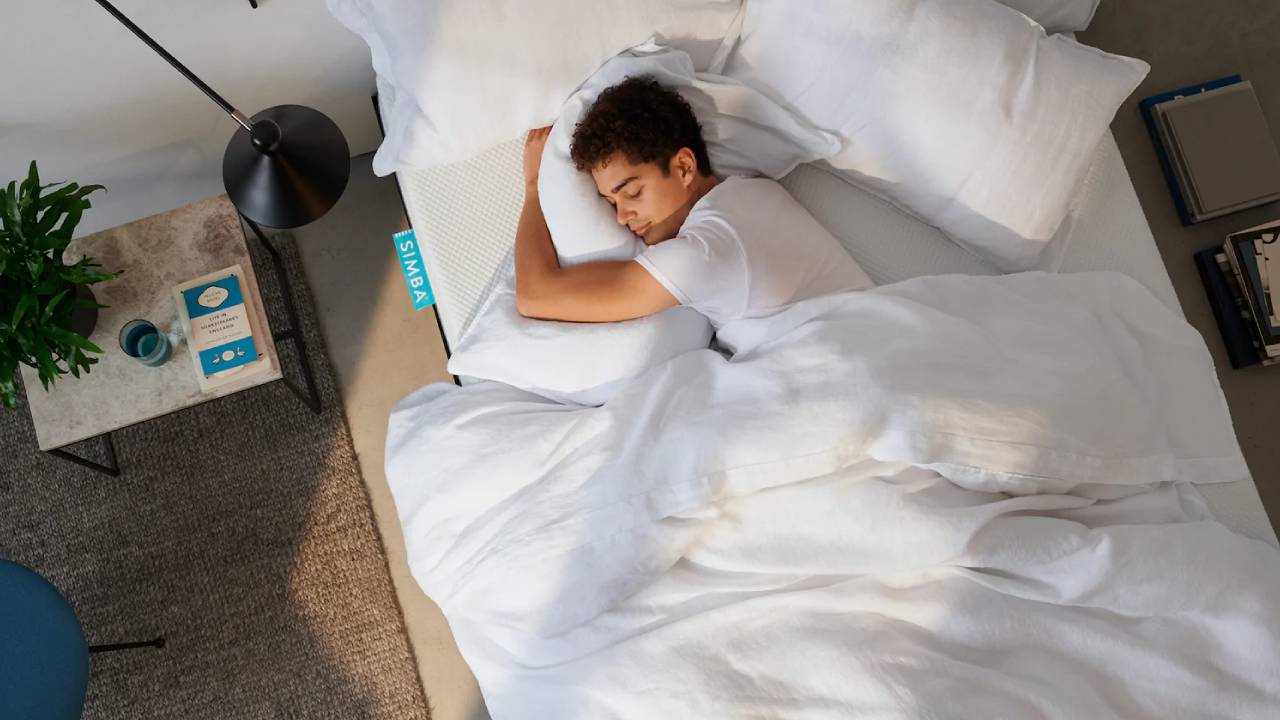
Get all the latest news, reviews, deals and buying guides on gorgeous tech, home and active products from the T3 experts
You are now subscribed
Your newsletter sign-up was successful
Little in life is more important than a good night's sleep, both for your physical health and mental wellbeing. So, it's worth investing in the best mattress you can afford it. But if you've shelled out a large sum on a mattress, you may struggle to replace it if things go wrong, and that's why mattress guarantees are so important.
A mattress guarantee or a mattress warranty, is a promise made by the manufacturer or retailer to repair, replace or refund your mattress if it fails to meet certain criteria within a specified time frame. That gives you peace of mind and financial protection... but it's important to understand the terms and limitations of the guarantee before signing on the dotted line.
Not all mattress guarantees are created equally. Not only do they vary from company to company, but sometimes different guarantees apply to different mattresses from the same brand.
In this article, I'll outline the key questions you need to ask to make sure your mattress guarantee will protect you properly.
How long does a mattress guarantee last?
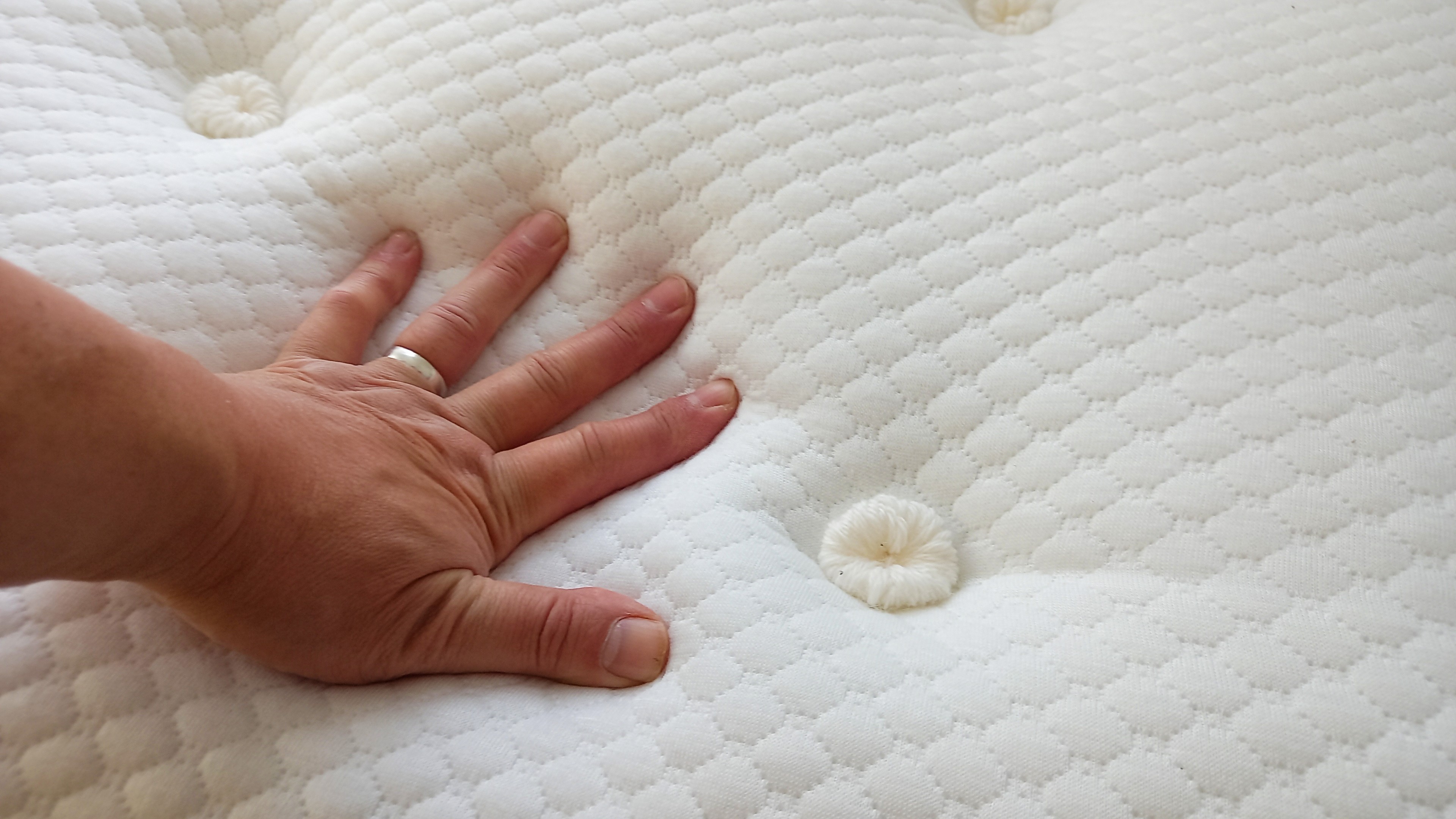
The Silentnight Geltex Pocket 3000 comes with a five-year guarantee, but not all Silentnight mattresses do
Mattress guarantees can last from anywhere between 3 to 25 years, and often vary within a company between different ranges.
For example, Silentnight offers a three-year guarantee on Mattress Now, Layezee, Perfecta, Essentials and Safe Nights mattresses, but a five-year guarantee on Just Sleep, Miracoil, Mirapocket, Studio by Silentnight and Healthy Growth mattresses.
Many mid-range brands are more generous, such as Simba, which currently offers a 10-year guarantee on all its mattresses. And at the premium end of the market, it's not unusual for guarantees to stretch for decades, such as Marshall & Stewart, which offers a 25-year guarantee, or DreamCloud, which boasts a lifetime guarantee.
Get all the latest news, reviews, deals and buying guides on gorgeous tech, home and active products from the T3 experts
What does the mattress guarantee cover?
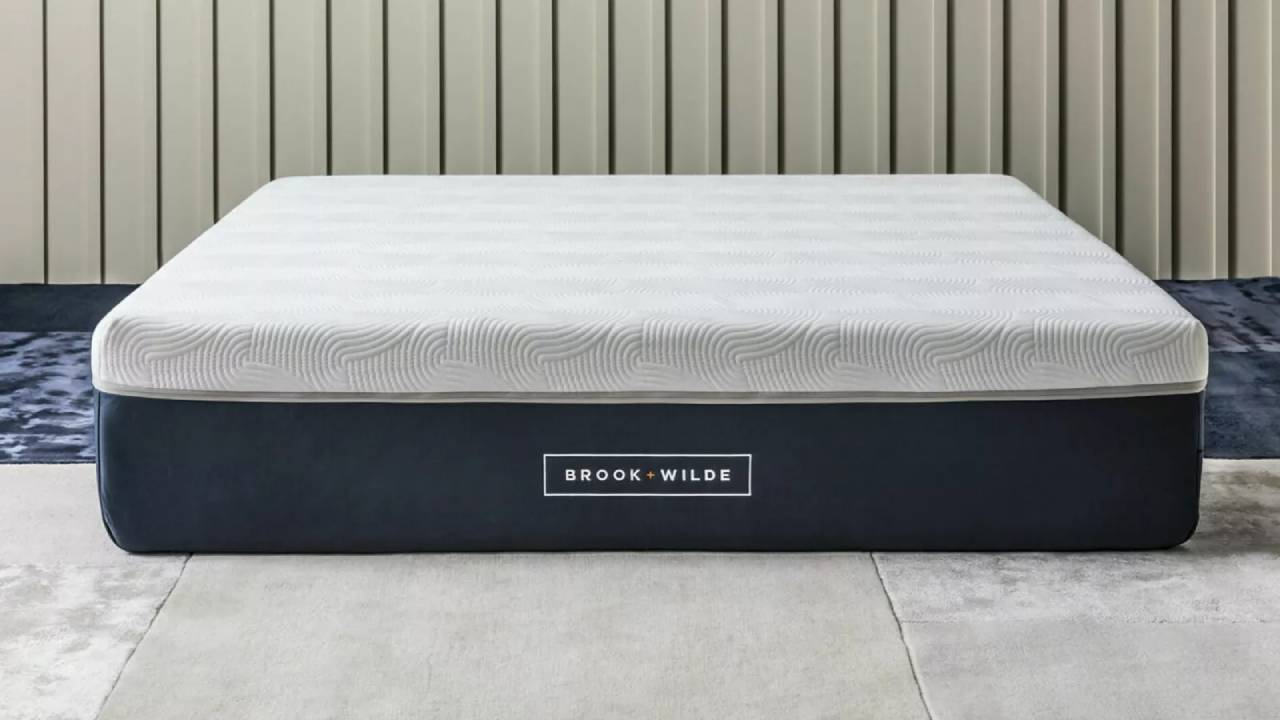
The guarantee on Brook + Wilde mattresses covers sagging, but only to a specified level
If your mattress starts to feel uncomfortable, that doesn't necessarily mean you'll be covered by your guarantee. Because while many guarantees cover issues such as sagging or indentations, some only cover defects in materials or workmanship.
That may seem unfair, but the logic is that mattresses inevitably wear out over time, and can't be expected to remain pristine forever – so companies must draw a line somewhere. And often they draw that line precisely, for example, Brooke + Wilde will fix sagging of 2.5cm+ in the first 6 months, 3cm+ in the second 6 months, 3.5cm+ after 12-24 months, and so on.
In short, it's important to understand what is covered and what is not, before you make your purchase. Thankfully, most brands have a page on their website that sets out the terms and conditions of the guarantee in detail.
When can the mattress guarantee be voided?
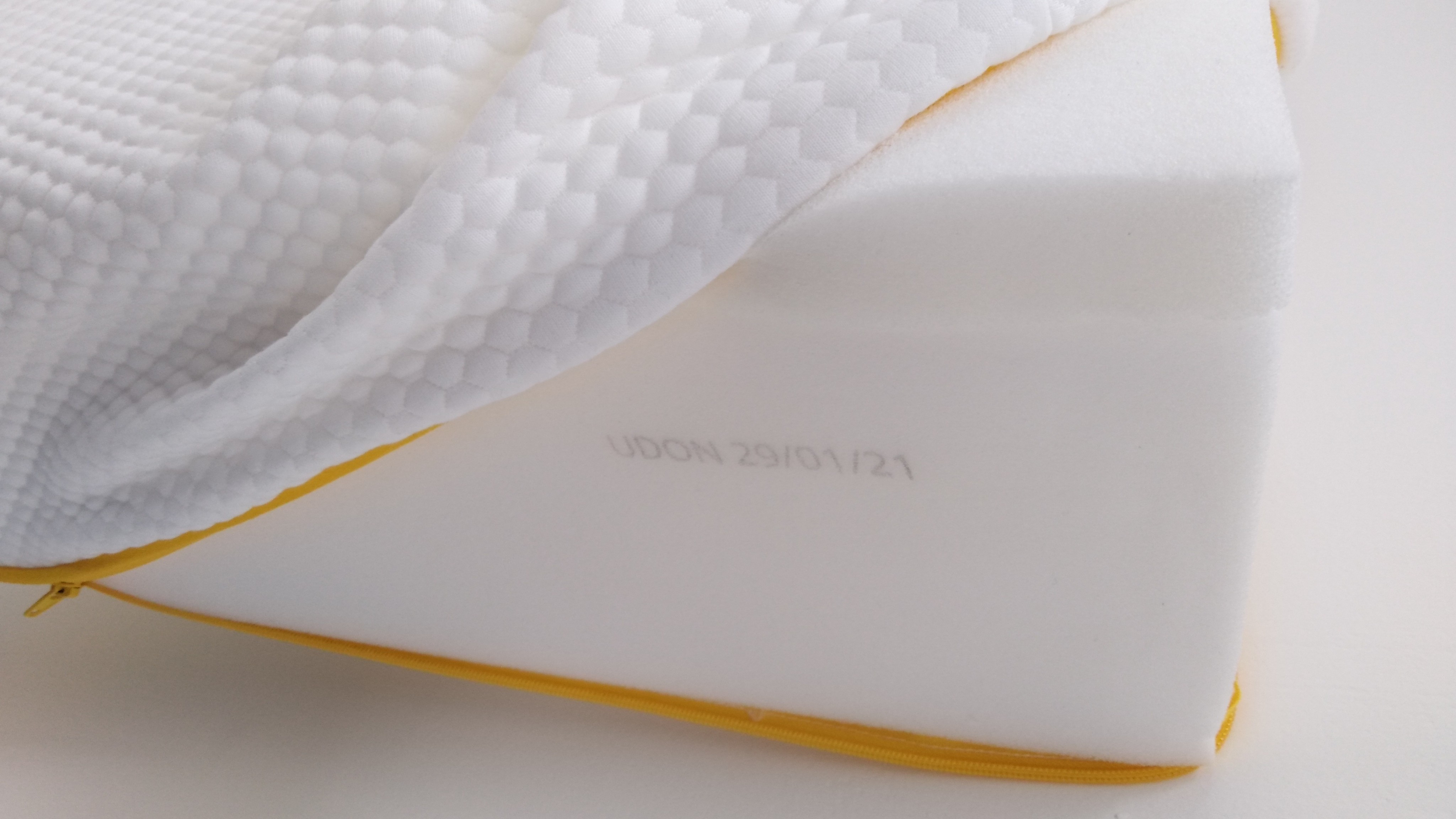
Eve's guarantee doesn't cover you if you take your mattress out of the country
Typically, you won't be able to use your mattress guarantee if the company feels the damage to the mattress was your fault. So, it's worth checking the terms and conditions to see what things they define as voiding your guarantee.
These usually include accidents such as burns, cuts, tears, spillages and stains. But they may also include failing to care for your mattress properly, such as not opening the box soon enough (bed-in-the-box mattresses typically have a use-by date), not rotating it or flipping it as instructed, or using it on an unsuitable type of bed.
Some guarantees also include specific terms you may not have thought about. For example, Eve's 10-year guarantee states that it does not apply when the mattress is taken outside of the country.
How do I claim under the mattress guarantee?
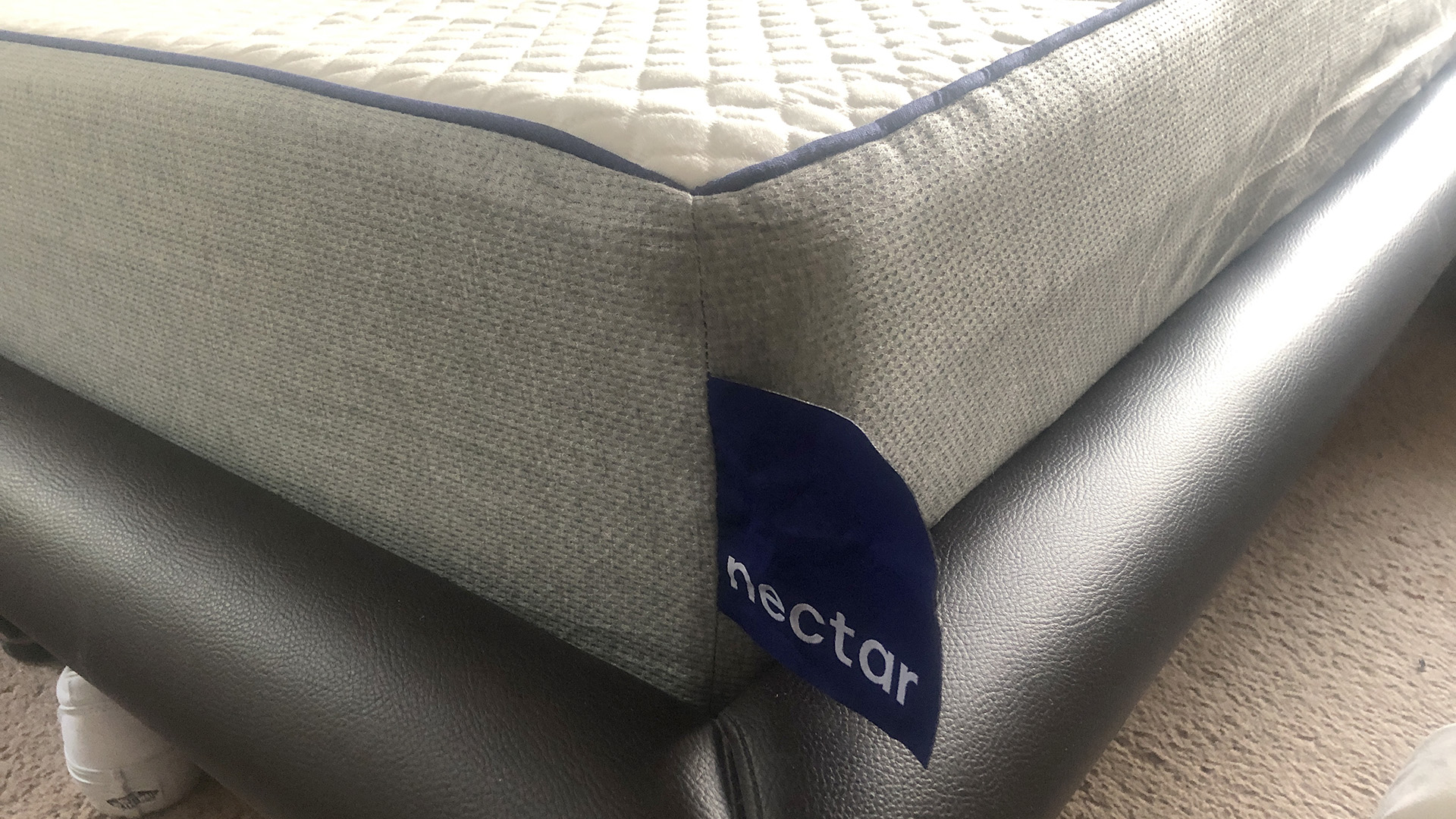
With Nectar's guarantee, you have to pay transport costs after the first 10 years, although these may be refunded
Even if you have a watertight guarantee, it's worth checking how much hassle it will be to make a claim, and whether there are costs involved. For example, some guarantees require you to fill out a claim form and provide documentation, such as a purchase receipt and photographs of the problem.
Others may require you to bring the mattress to a service centre for inspection, or charge you for pickup. For example, with Nectar's forever warranty, the company will replace your mattress at no charge during the first 10 years of ownership. After that, they will only repair and re-cover your mattress, and you'll have to pay transportation costs of £65 each way. Note, though, that these charges will be waived if a defect is confirmed.
Is a guarantee the same thing as a free trial?
The words 'guarantee' and 'free trial' are often used interchangeably in mattress marketing speak, but aren't the same things at all.
A mattress guarantee is a promise to repair or replace a defective mattress, so long as the defect is the manufacturer's fault. In contrast, a mattress free trial is a no-strings-attached promise that you can try out a mattress and return it for a full refund or replacement if you're not satisfied with it.
With a guarantee, you have to show that there's a defect with the mattress, and that you didn't cause it yourself. With a free trial, though, there's no onus to show that the mattress is defective. It's enough to say that you just didn't like it, and you don't have to explain why.

Tom May is a freelance writer and author of the book, Great Ted Talks: Creativity. He has been editor of Professional Photography magazine, associate editor at Creative Bloq, and deputy editor at net magazine. He has also worked for a wide range of mainstream titles including Radio Times, NME, Heat, Company and Bella.
- Bethan MorganHome Editor